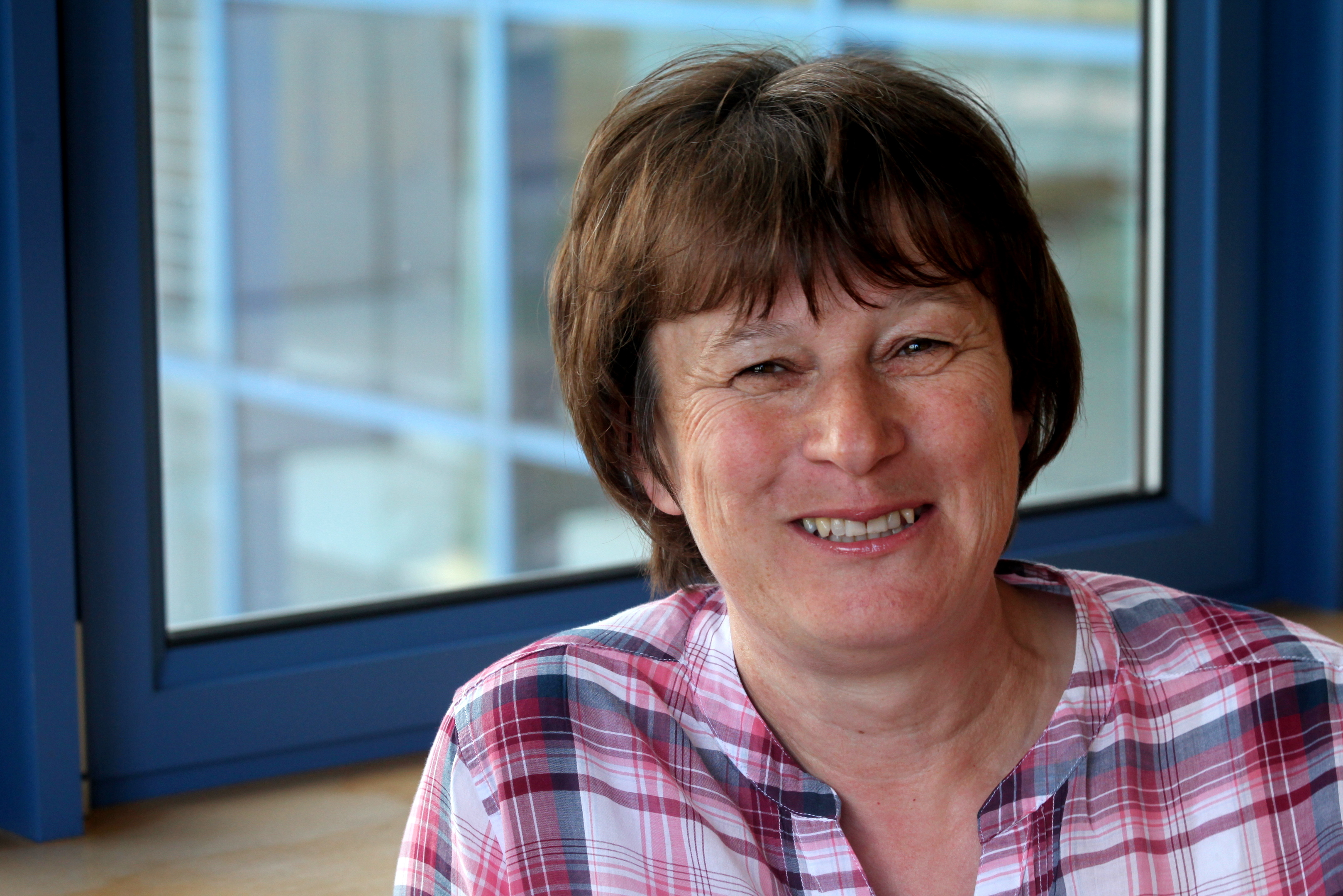A breakthrough by researchers at Dundee University could help medical specialists more aggressively treat cancer in the years to come.
Studies into white blood cells could lead to highly focused, targeted treatment of many life-changing and potentially fatal diseases.
It’s hoped the research will open up huge new pharmaceutical avenues of exploration for tackling chronic infections and cancer – and in particular conditions such as leukaemia.
The work has been undertaken by Dundee University, where a team made new discoveries about the importance of nutrients for a subpopulation of white blood cells – T cells.
Professor Doreen Cantrell is one of the world’s leading authorities on the biochemical regulation of T lymphocytes, the white blood cells which control the immune system
She led the research alongside Professor Daan van Aalten and colleagues at Dundee and said the discovery opened up a new area to explore for pharmacological targets in T cell-mediated diseases, as well as in cancer therapy and chronic infection.
T cells need to rapidly grow to effectively fight infections and therefore need lots of nutrients like sugars for energy.
But sugars are also used for other purposes in a cell and one such use is to make a special sugar modification called O-GlcNAc, which is added to proteins inside the cell by an enzyme called O-GlcNAc transferase (OGT).
Professor Cantrell said: “We found that T cells regulate the levels of O-GlcNAc-modified proteins in response to the availability of sugars in their environment and this tells them when to multiply.
“Without OGT, T cells don’t develop properly and can’t respond to an infection.
“T cells found in tumours and during chronic viral infections are often deprived of nutrients, particularly sugar and this new mechanism may explain why nutrient-deprived T cells can’t function efficiently.
“There are a large number of instances where controlling T cell growth might be important, such as in leukaemia and autoimmune diseases, where the “wrong” T cells multiply.
“Conversely, finding ways to boost OGT function might help nutrient-starved T cells fight infection or cancer.
“With these new insights into how T cells sense their environment, we have a vast new area to explore for pharmacological targets in T cell-mediated diseases, as well as in cancer therapy and chronic infection.”
The research was supported by the Wellcome Trust and Tenovus Scotland and is published in a paper in the journal Nature Immunology.










